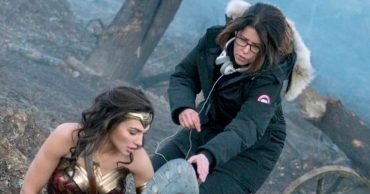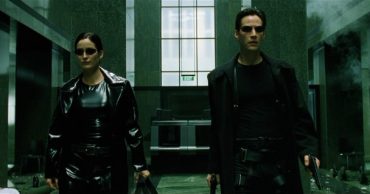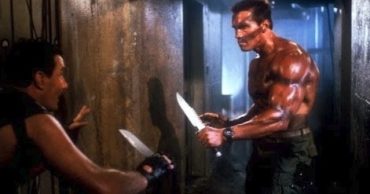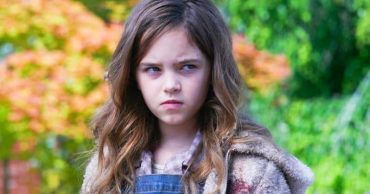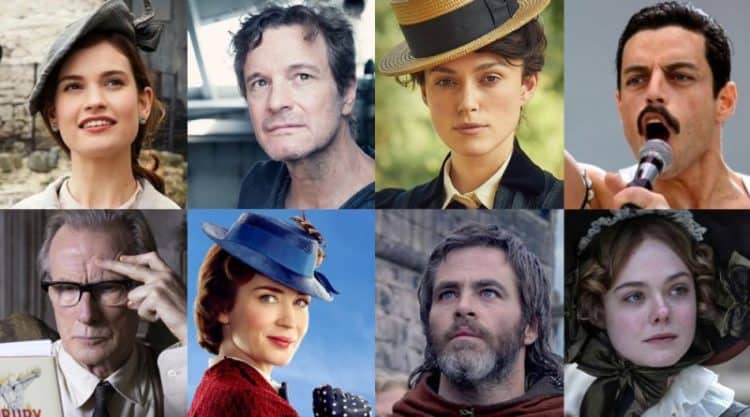
This past decade has been host to more period-based movies and shows bar none. It almost feels like a revolution in the content of the production companies. We eat up this historically-based entertainment, but why? Is everyone a closet history buff? Were we all the ones who secretly loved tenth grade history class? Or is this trend more psychological, delving deep into the human psyche of the 21st century? Let’s take a look at the four reasons why we love period-based entertainment:
1. History Made Interesting
The writers and producers of these period-based movies and series make history interesting with their on-screen creations. They make history come vividly alive and the allure that comes with it then seems increasingly more exciting than everyday life. Let’s be honest, not all of our high school history teachers made history seem all that interesting, yet the writers of these on-screen productions increase the attractiveness of historical happenings.
The methods they make use of to do this include having big-named actors in these productions (Keira Knightley in The Aftermath and Colette, Daisy Ridley in Ophelia, Nicholas Hoult in Tolkien, Johnny Depp in Public Enemies, or even Jason Momoa in both Game of Thrones and Frontier), exaggerating the drama that occurs within them (you know, that kind of Downton Abbey scandal-like feel), special effects (Game of Thrones Battle of the Bastards comes to mind immediately), costumes and art design certainly more interesting than those of modern times, and embellished occurrences within their plots (this means anything that reads “Inspired by true events” in their trailers or opening credits).
2. Good Old Fashioned Escapism
One could argue that our on-screen obsessions with period-based entertainment come from the seeds of escapism. Our 9-5 office jobs with commuting on top of grocery shopping on the way back from work can sometimes lack fulfillment, excitement and stimulation. As human beings, we crave variety and long for meaningfulness in our day-to-day lives, and when we feel as if those desires aren’t met, well, being whisked away to a past time of the “good ‘ole days” of taboo royal love affairs and battling medieval knights in a far off land become mighty appealing. Essentially, we use period-based entertainment as a means of coping with the humdrum that many people may be experiencing.
3. Magic and Myths Felt Real
Once upon a time… As children, we knew these beloved words quite well. The power those words held in themselves transported us to an age of dragons, shining white knights, buried treasure, resourceful damsels, spells cast by wizards and witches, and basically the forces of good besting its counterparts of evil. Why do we love these royally fantastic subjects set in the past eras of our history so dearly? Can it be that there is an innate almost “knowing” of them that feels real? That feels not so unbelievable back then in those ages? Just as long as they were set in the past, who can say that those ages weren’t more exciting than today’s modern age of digital screens, predictability of our daily lives, the weather, and taxes? Once upon a time… In those words held the idea that anything was possible; and with infinite possibility comes an immense appeal.
Mythology, folklore, fairytales and all things magical found in a historical setting of any kind of period piece (The Witcher, The Shape of Water, Pirates of the Caribbean, Pan’s Labyrinth, Game of Thrones, Clash of the Titans, Troy, King Arthur: Legend of the Sword, Lord of the Rings, Stranger Things, etc.) are sure to capture our imaginations for what’s possible, and the longing of times that felt more real and authentic than today’s modernity.
4. Hollywood’s Running Out of Original Ideas
This should come as no surprise as we experience an almost heinous number of remakes, reboots and revivals green-lit into productions. Just considering the remakes of Disney classics into live-action movies (The Jungle Book, the two Alice in Wonderlands, Beauty and the Beast, Christopher Robin, Cinderella, Dumbo, Aladdin, The Lion King, Lady and the Tramp), and TV revivals (Picard, Arrested Development, Fuller House, American Idol, Lost in Space, Charmed, The X-Files, The Twilight Zone, Gossip Girl, Samurai Jack {you should be getting the point by now}), it may be safe to say that the number of original ideas for on-screen productions are dwindling.
This is where an eternity of past historical events to choose from comes in handy for the writers and producers. Imagine how many productions can be made from the medieval ages, let alone any period piece set in the times of the ever-so-prominent and expansive British Empire. A well historically-informed person can conceive of one hundred historical events one hundred years ago in 1920 to make into one hundred on-screen productions.
If you want to see the near-future of cinema and streaming’s content, look to the past.
 Follow Us
Follow Us

